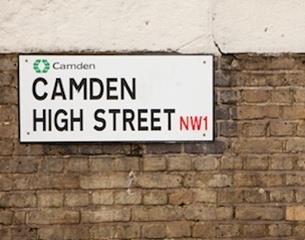
Camden Council has published pay data for its workforce, including analysis of median earnings across pay brackets according to gender, ethnicity and disability.
The highest pay variance by gender is 12% across zone one of the council’s level six pay range, where female staff earn a median salary of £57,500 and male employees earn a median wage of £64,645.
The council notes that the length of service for male employees in this pay grade is 45% higher than female staff, many of whom are new starters. However, it is keeping this level under review for improvement.
Across pay levels one-five, which spans an average median salary of £18,699-£52,458, and in leadership levels spanning £99,043-£145,768, variances between male and female pay remain below 4%. There is a 0% pay variance in five of the 12 sub-brackets across these pay levels.
The council plans to update this data and publish it annually.
Employers with more than 250 employees will have to reveal differences in pay between male and female members of staff after a new clause was added into the Small Business, Enterprise and Employment Act in March 2015.
In October the government announced that it will extend its gender pay gap reporting requirements to public sector organisations with more than 250 employees.
The extension follows a government consultation to establish the details of its reporting requirement plans, which ran from July-September. The details of how the measures will work in practice have yet to be released.
Sarah Hayward, councillor at Camden Council, said: “We believe it’s important to hold ourselves to account and ensure equality is at the heart of organisation and throughout our workforce.
“We want to constantly challenge ourselves to achieve the best possible representation within our workforce at all grades and parts of the organisation.”
Caroline Waters, deputy chair of The Equality and Human Rights Commission, added: “We welcome this important step by Camden Council to publish a pay analysis of its workforce by gender, disability and ethnicity.
“Evidence and transparency are a vital first piece in helping us to understand the landscape before we can progress to identify and address any pay gap injustice.
“Whilst government proposals for mandatory reporting for organisations with more than 250 staff would only apply to gender, Camden are to be applauded for proactively taking the initiative one step further.”











